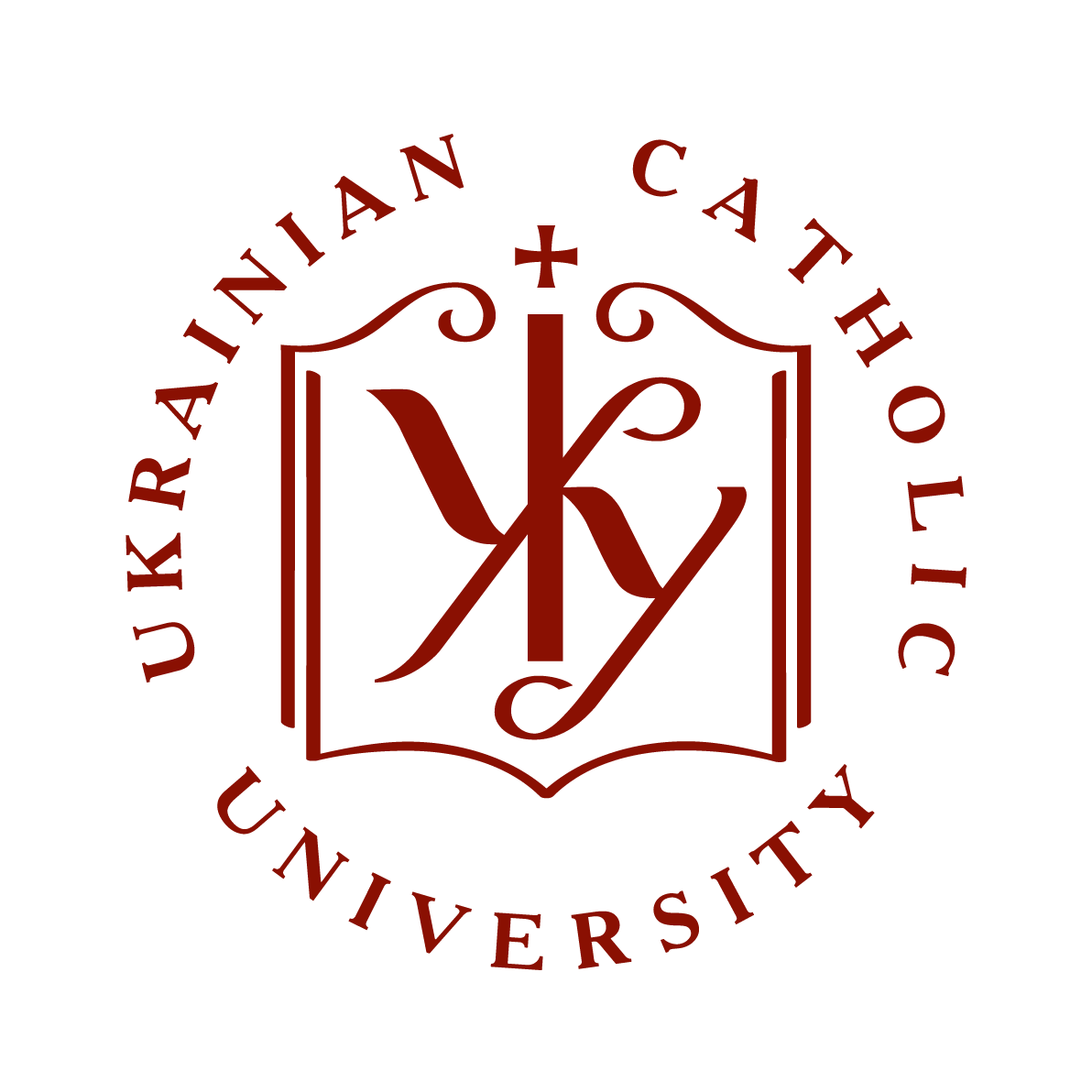- Home
- →
- Ukrainian Historical Review|Український історичний огляд
- →
- Випуск 1
- →
- View Item
Сценарії JavaScript вимкнено для Вашого браузера. Деякі функції цього сайту не будуть працювати без них.
| dc.contributor.author | Nawrot, Dariusz
|
|
| dc.date.accessioned | 2023-12-28T14:19:32Z | |
| dc.date.available | 2023-12-28T14:19:32Z | |
| dc.date.issued | 2022 | |
| dc.identifier.citation | Наврот, Д. «Наполеон Бонапарт і відбудова Польської держави». Український історичний огляд, вип. 1, Грудень 2022, с. 19-38, https://uhr.ucu.edu.ua/index.php/chasopys/article/view/8. | uk |
| dc.identifier.uri | https://er.ucu.edu.ua/handle/1/4311 | |
| dc.description.abstract | Метою опрацювання є переосмислення історіографічного образу ставлення Наполеона до ідеї створення Польського королівства, що нею після поділів Речі Посполитої надихалися наступні покоління поляків. На основі архівних і опублікованих джерел, найважливіших наукових праць, як давніших, так і сучасних, здійснюється спроба верифікувати наявний міф про ставлення імператора французів до польського питання. Польська історіографія, оцінюючи діяльність Бонапарта в польському питанні, не раз піддавалася впливові створеної у XIX ст. наполеонівської легенди. Ця легенда, що постала в умовах чужоземного панування, була виразом бунту підкореної нації, яка шукала шляхів повернення до незалежності, плекаючи віру в ефективну французьку допомогу в боротьбі за свободу. Чергові генерації істориків або насамперед брали до уваги патріотичну функцію наполеонівської традиції в польському суспільстві, яку їхні публікації мали плекати й розвивати, або її відкидали й навіть поборювали. У цій статті проаналізовано політику Наполеона під час т. зв. першої польської війни 1806–1807 рр., війни з Австрією 1809 р., але головно т. зв. другої польської війни в 1812 р., коли ідея створення Польського королівства зазнала певного прогресу. Нові свідчення, що стосуються, зокрема, подій у східній частині колишньої Речі Посполитої в 1812 р., уможливлюють й нову спробу реконструкції фактичної політики Наполеона в польському питанні під час його конфронтації з російським царем Олександром I. На їхній підставі окреслено політичні наміри й очікування імператора французів щодо Варшавського герцогства та створеного під французьким протекторатом тимчасового уряду Литви. Ця політика, у разі перемоги Наполеона, мала б наслідком відбудову Польської та Литовської держав, які, щоправда, не охоплювали б усіх земель давньої Речі Посполитої, але, поза сумнівом, становили б істотну різницю в порівнянні до непослідовного рішення, прийнятого в Тільзіті. Реалізацію цього плану унеможливила поразка імператора французів у війні з Росією. | uk |
| dc.language.iso | pl | uk |
| dc.subject | історіографія | uk |
| dc.subject | образ | uk |
| dc.subject | Наполеон | uk |
| dc.subject | Річ Посполита | uk |
| dc.subject | Варшавське герцогство | uk |
| dc.subject | війна | uk |
| dc.subject | Росія | uk |
| dc.subject | міф | uk |
| dc.subject | традиція | uk |
| dc.title | Napoleon Bonaparte a odbudowa państwa Polskiego | uk |
| dc.type | Article | uk |
| dc.status | Опублікований і розповсюджений раніше | uk |
| dc.subject.udc | 94(438)“18”:929(44) „17/18” | |
| dc.identifier.doi | 10.47632/2786-717X-2022-1-19-38 | |
| dc.description.abstracten | This work aims to rethink the historiographic image of Napoleon’s attitude to the idea of the Polish Kingdom’s creation, which inspired the next generations of Poles after the final partition of the Polish-Lithuanian Commonwealth. The author has attempted to verify the existing myth regarding the attitude of the French emperor to the Polish question based on archival and published sources and the most important scholarly works, both past and contemporary. Polish historiography frequently followed Napoleon’s legend created in the 19th century while assessing his activities in the Polish question. This legend, which arose under conditions of foreign rule, was an expression of the revolt of a conquered nation, which sought ways to return to independence, cultivating faith in the effective French support in the struggle for freedom. The next generations of historians either considered the patriotic function of the Napoleonic tradition in Polish society, which their publications were supposed to foster and develop, either rejected it or even fought against it. This article analyses the policy of Napoleon during the so-called first Polish war of 1806–1807, the war with Austria in 1809, but especially the so-called Second Polish War in 1812, when the idea of creating the Kingdom of Poland experienced some progress. New evidence relating, among other things, to the events in the eastern part of the former Polish-Lithuanian Commonwealth in 1812 allows to reconstruct Napoleon’s actual policy on the Polish question during his confrontation with Russian Tsar Alexander I in a new way. Based on them were outlined the political intentions and expectations of the French emperor concerning the Duchy of Warsaw and the interim government of Lithuania created under the French protectorate. In the case of Napoleon’s victory, this policy would result in the reconstruction of the Polish and Lithuanian states, which, although not covering all the lands of the former Polish-Lithuania Commonwealth, would undoubtedly be a significant difference from the inconsistent decision made in Tilsit. The defeat of the French emperor in the war with Russia prevented the implementation of this plan. | uk |
| dc.relation.source | https://uhr.ucu.edu.ua/index.php/chasopys/article/view/8 | uk |
Files in this item
This item appears in the following Collection(s)
-
Випуск 1 [15]


